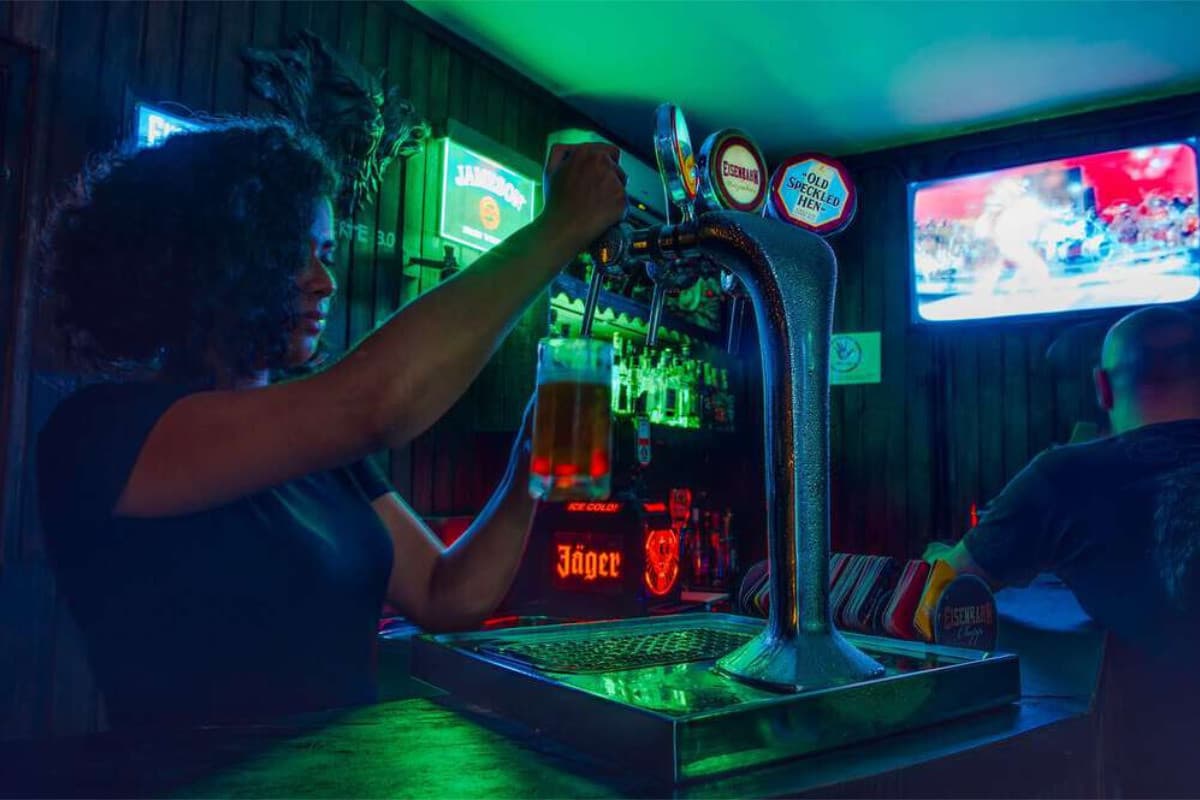Hospitality venue owners in NSW who are experiencing labour shortages can expect an influx of new applicants as early as next week.
This afternoon, the NSW Government announced it will fund 5,000 Responsible Service of Alcohol (RSA) courses to help ease staffing pressures in the industry.
“The hospitality sector makes up over 2 per cent of total gross value added to the NSW economy and supports more than 300,000 jobs, which is why we are committed to supporting this critical industry,” NSW Treasurer Matt Kean said.
“By providing these free RSA courses, we are not just supporting the hospitality sector during the current downturn, but are supporting the future of people who pick up an extra qualification courtesy of NSW government funding.”
The free courses will begin from Monday, 7 February, and run until the end of June 2022. They will be available through TAFE NSW and private providers of government subsidised programs.
According to Minister for Skills and Training, Alister Henskens, this will also encourage former hospitality staff to re-join the industry.
“We are encouraging former hospitality workers to return to the sector by allowing anyone whose RSA competency card has expired within the past two years, or will expire before 30 June, to complete a short online refresher course to renew their certification for free,” Mr. Henskens said.
Under Liquor & Gaming NSW regulations, an RSA competency card is required to work in bars and clubs, restaurants that serve alcohol, bottle shops, and any other hospitality role within the liquor industry. Once received, these cards are valid for five years.
This announcement is expected to help employers access more workers, such as international students and backpackers coming into Australia.
Since the Omicron wave hit the state in December, numerous hospitality venues have had to reduce trading hours, temporarily close, or reduce capacity due to low customer footfall and staff shortages. Thousands of available workers have been forced to isolate after testing positive or coming in close contact with confirmed COVID cases.
READ ALSO: Experts reveal retail trends that aren’t going away anytime soon

